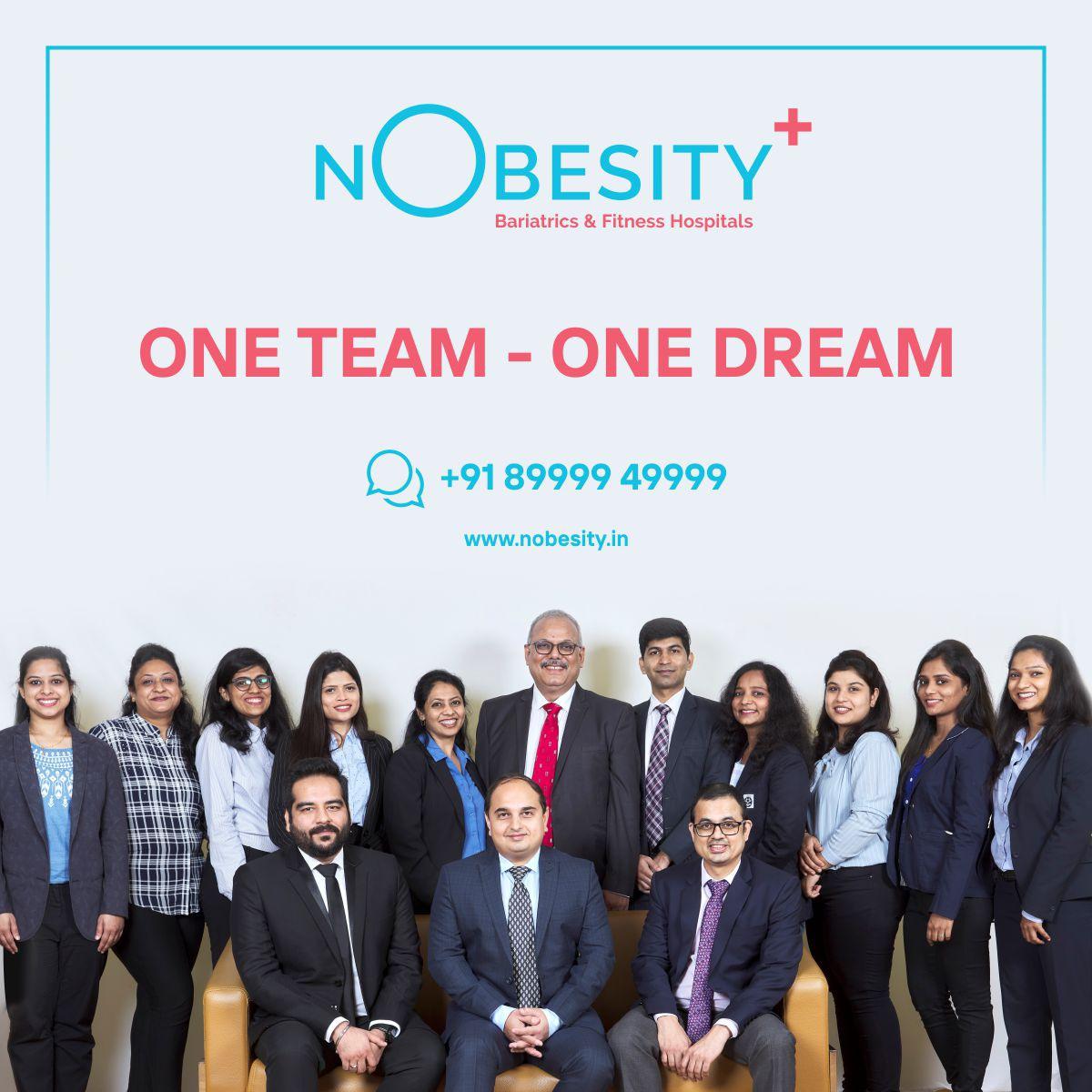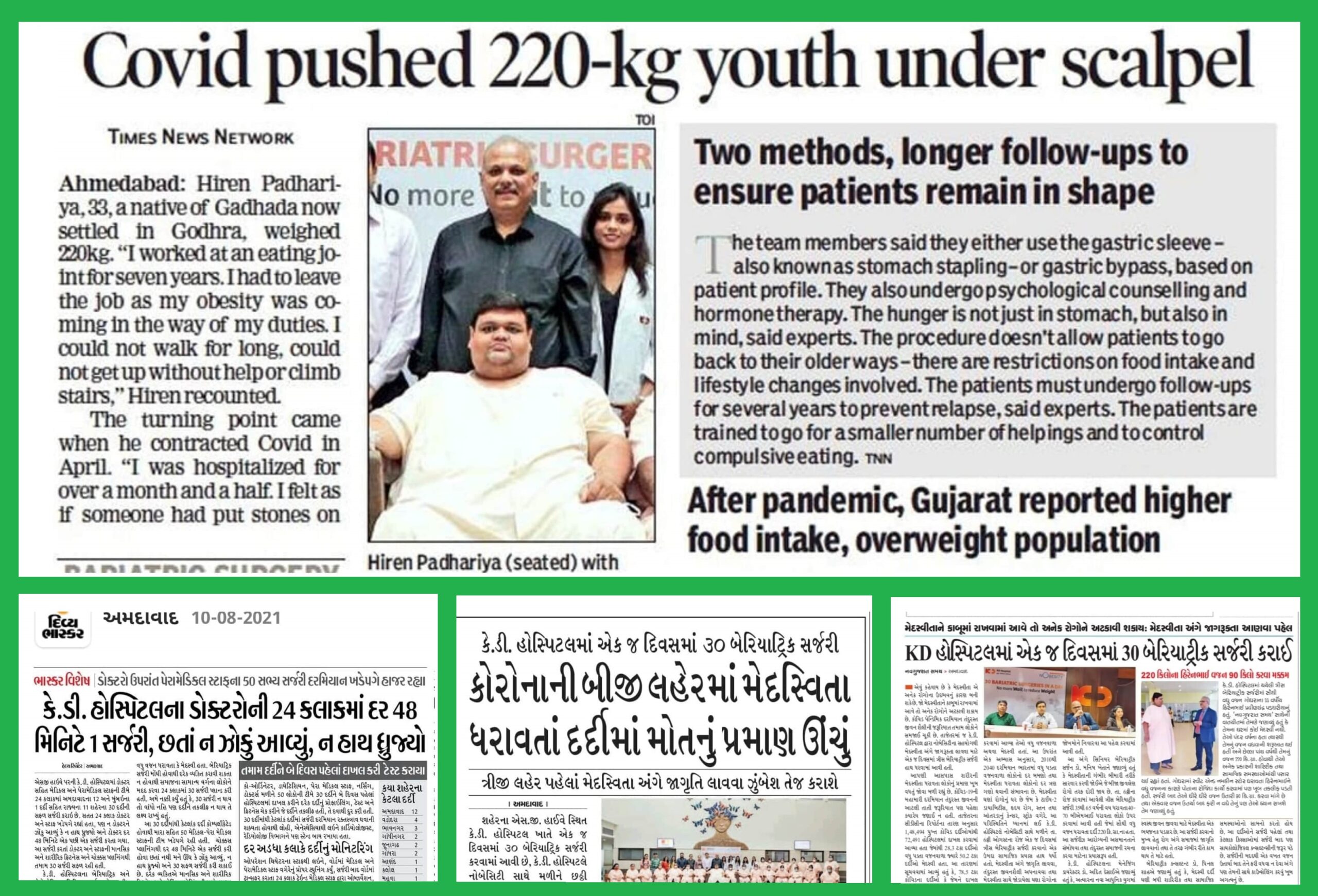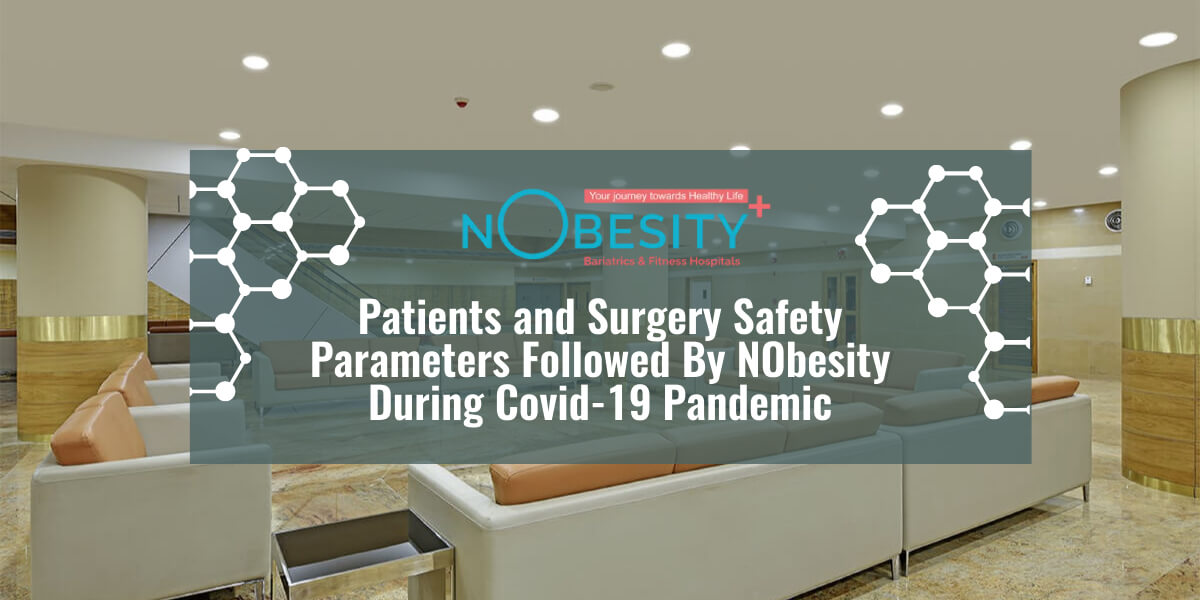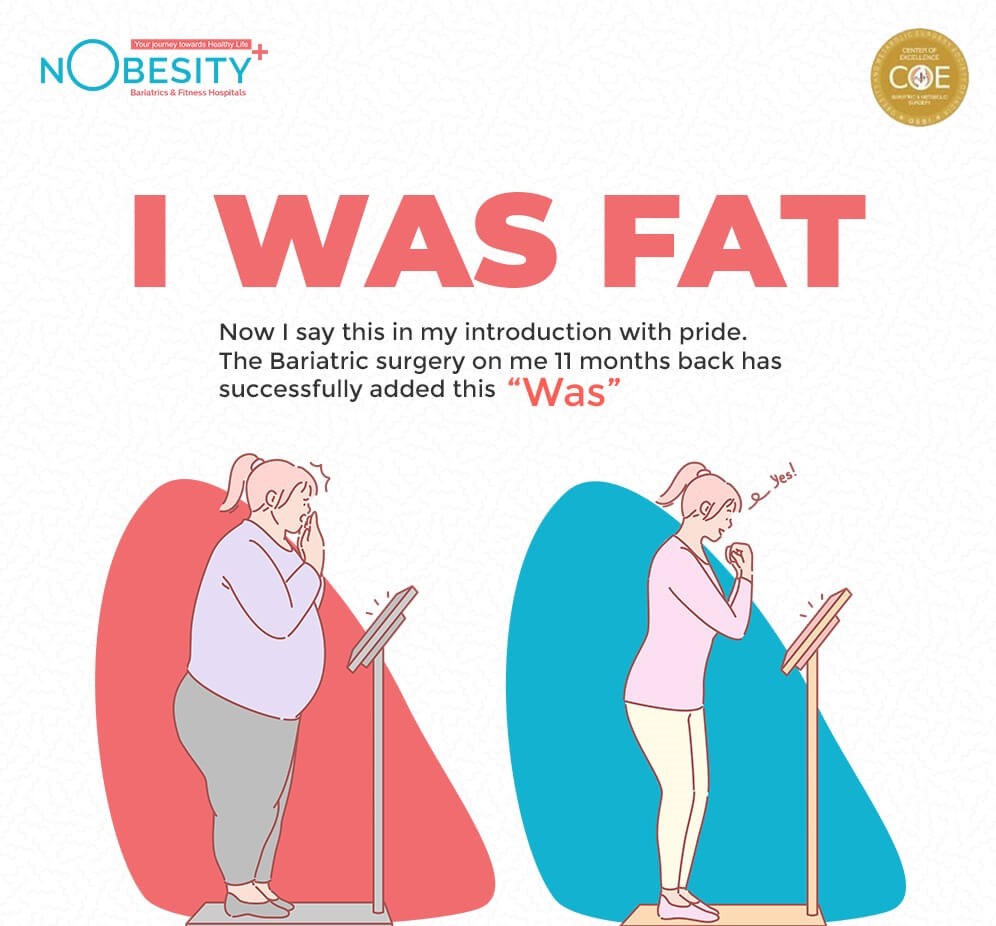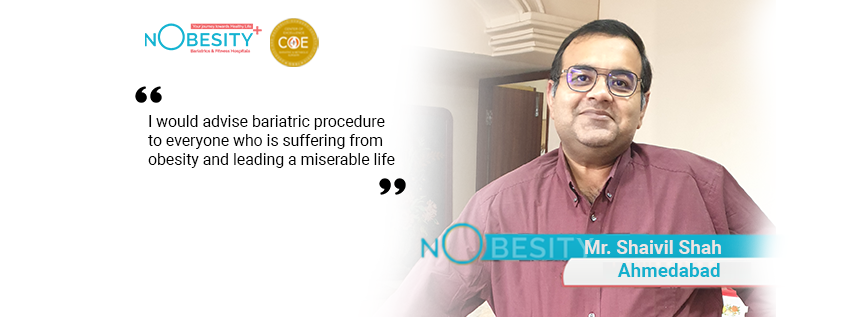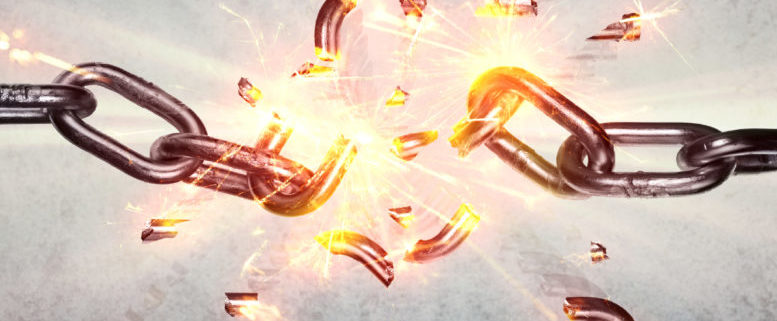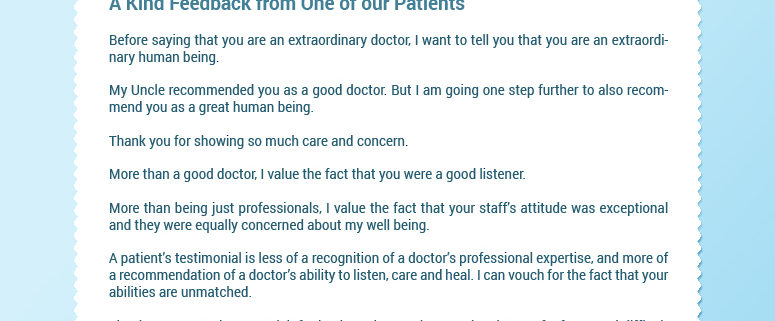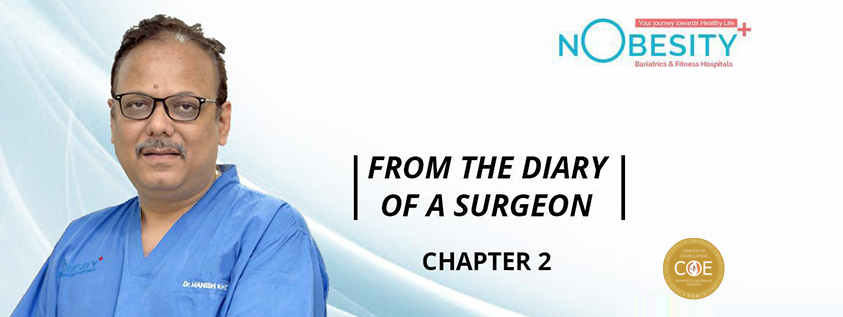
When you are working on a health front, it sometimes is equal to a war zone.
I remember the day of 26 January 2001. It was a holiday and my emergency duty was there as per roster. Usually emergencies are less on a holiday. I was at home with my wife and a 4 month old kid. Suddenly everything shook violently and with my kid in my hand we all ran down knowing it’s a earthquake. After 45 seconds, when it felt silent, I ran up to the government apartment, I was residing, called up my residents in the ward asking about their well-being- once it was ensured, I asked them to rush to emergency ward. I was just 500-700 meters away from the emergency ward. I must have reached in a minute- what I can see- piles of dead bodies of diamond workers working nearby, died trying to jump out from a locked up unit where they were working. Gruesome. I just gathered my team- asked them to look for survivors, segregate them and if there is an internal injury to any organ (in these types of calamity, internal organ gets injured). They should receive treatment in the 1st golden hour, or else they die of excessive bleeding. So now, we were investigating, arranging blood for transfusion and operating required cases. I entered OT in morning and came out by evening finishing 12 cases not knowing what is stored for me outside.
It was mayhem with people searching frantically there relatives from the dead body piles. Complete chaos and a lot of helping hands from non-medical groups- if they can do anything to help. Asked them to provide food and water for all needy and keep away from deceased. Lots of people with minor and major fracture. Ortho department was overloaded, not knowing what to do. We all reorganised ourselves and planned a strategy and started working. Use to sleep in a gunny bag, if time permits, and went home after 15 days- for a bath because things were settling down. Thereafter marched to Bhuj, the epicentre as the quake destroyed the only hospital with all doctors, nurses on duty died in quake. Bhuj was helping in makeshift hospitals by smartians. A temporary structure was erected once we reached there and worked there for a month.
I can equate the calamity now. In covid era- the inflow of patients are not stopping- and you can understand the plight of doctors treating- in a way it is their responsibility to save each life. No food, no sleep, no family for hours and day together and always a risk of getting infected as there is a huge load of patients coming in regularly.
I can see and understand- what it means if a life is lost- usually it feels a personal loss to us. We get mentally tired and exhausted, still hopes are there because the medical department is working. Saviour is there. Sometimes constraints of medical equipment is a bigger problem. It happens once the problem is of that magnitude. We have to make makeshift arrangements- but still fight save every life. At the end of day, when we eat our meal, if situation allows, you can see the faces of medicos- either they are grim for the losses or happy for the survived. There is nothing else, no expectations. I use to eat food donated by the NGO’s. There was no arrangements and no qualms either. It was just a necessity- primary object was too save.
Salute to all warriors fighting without expectations and in the process risking their lives.
